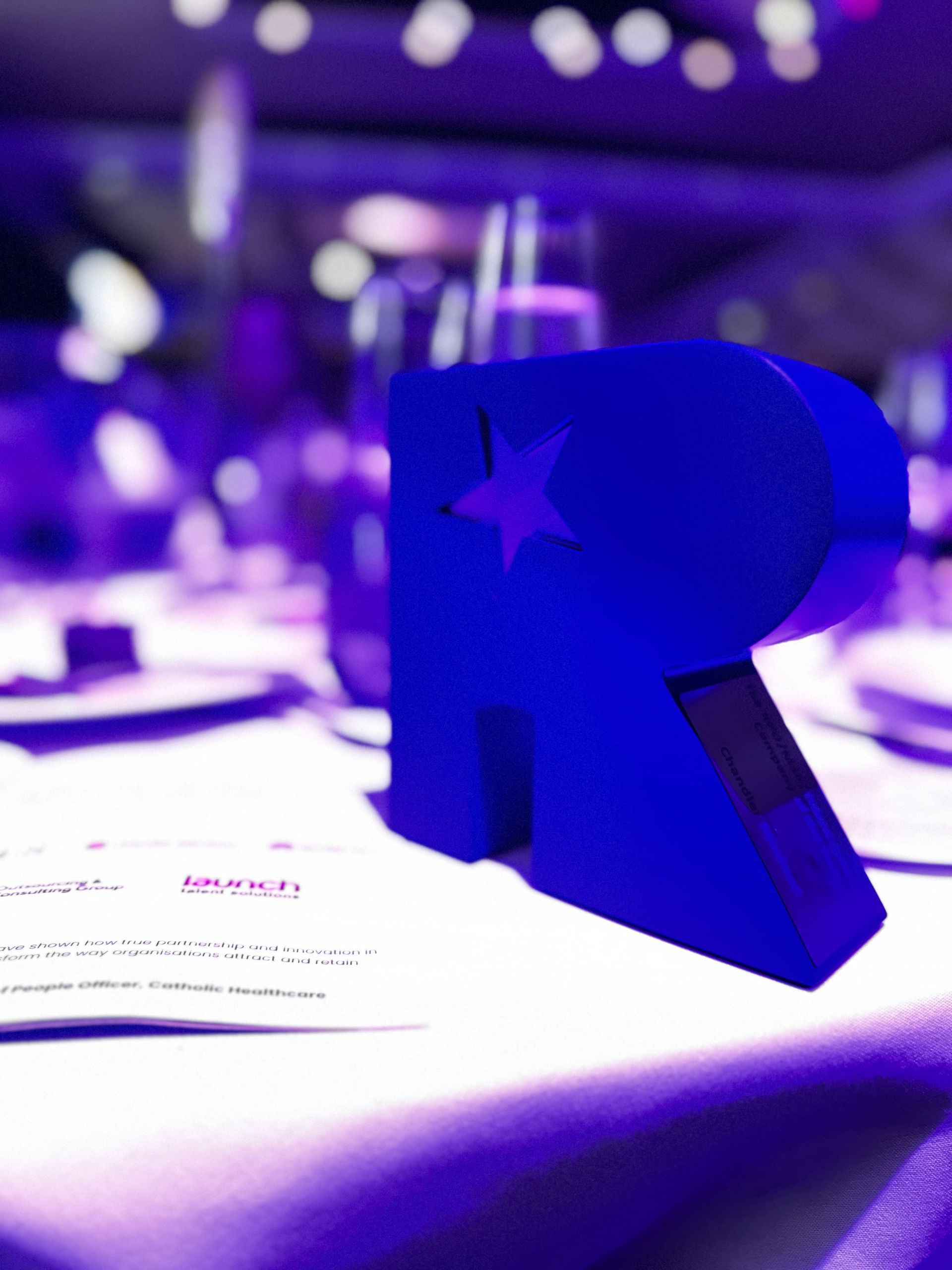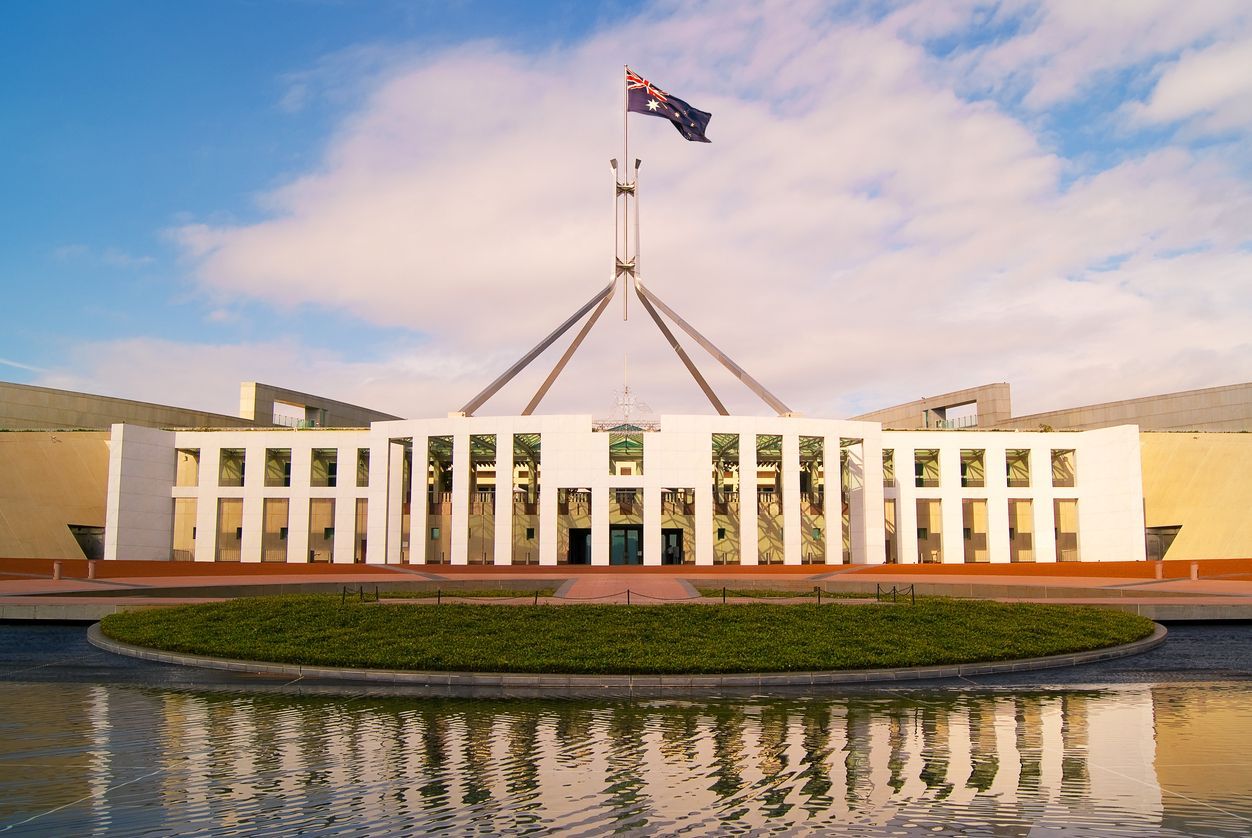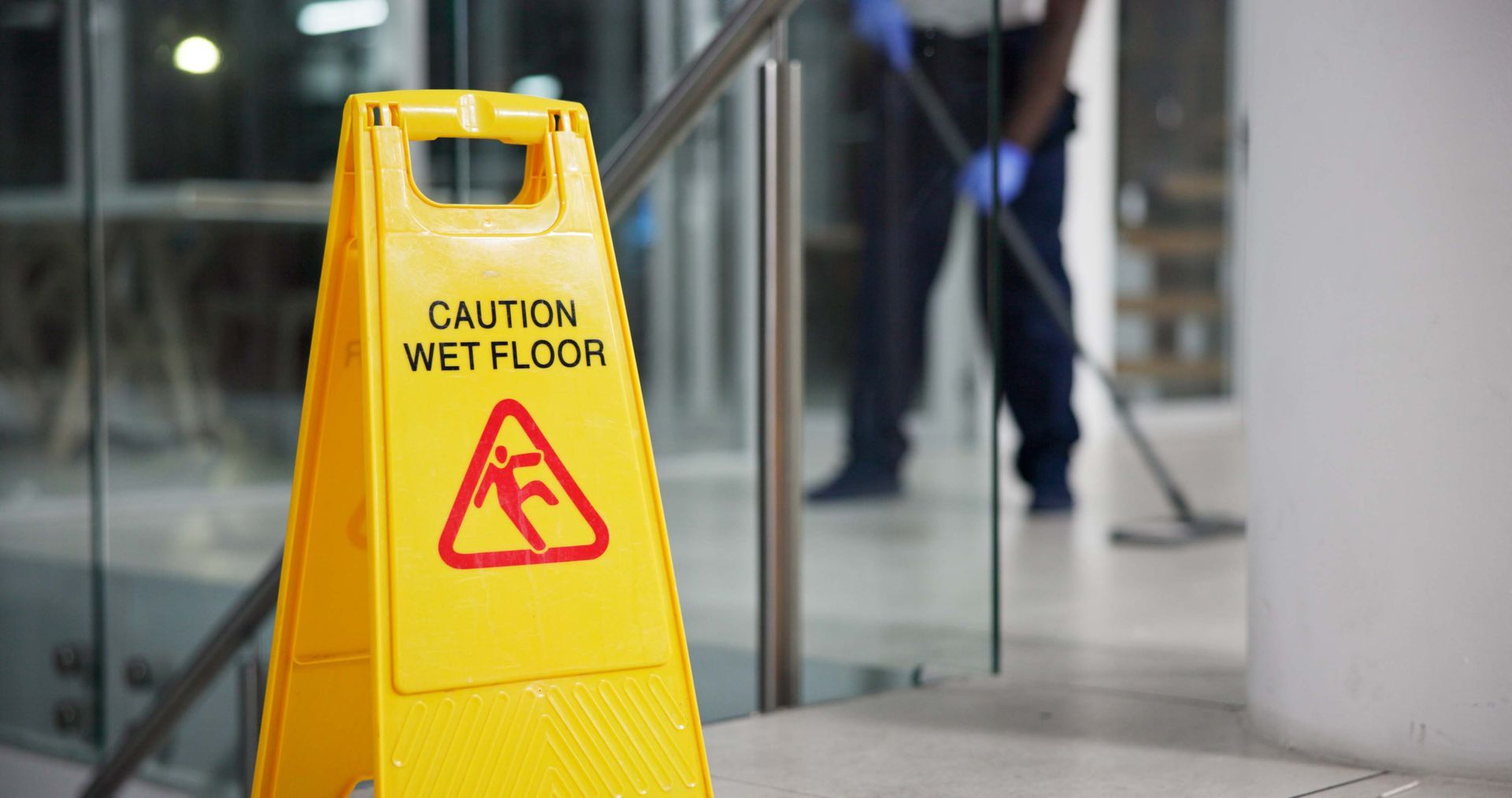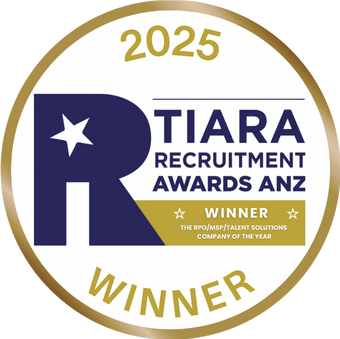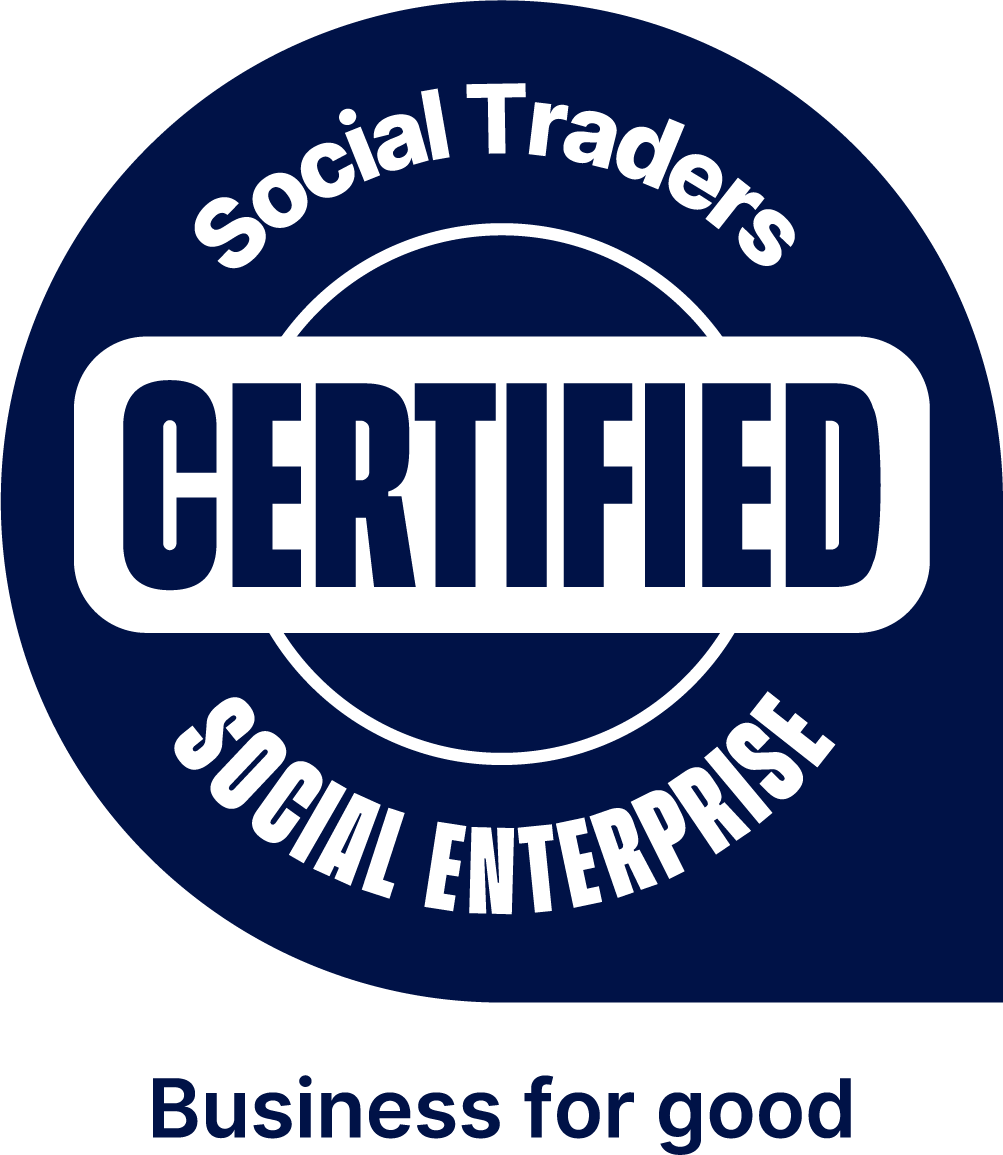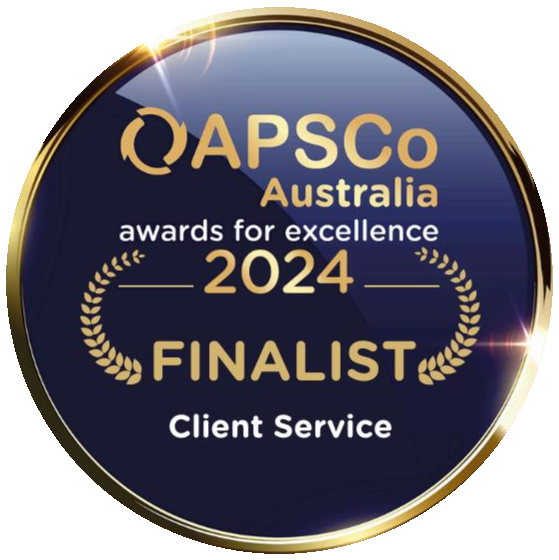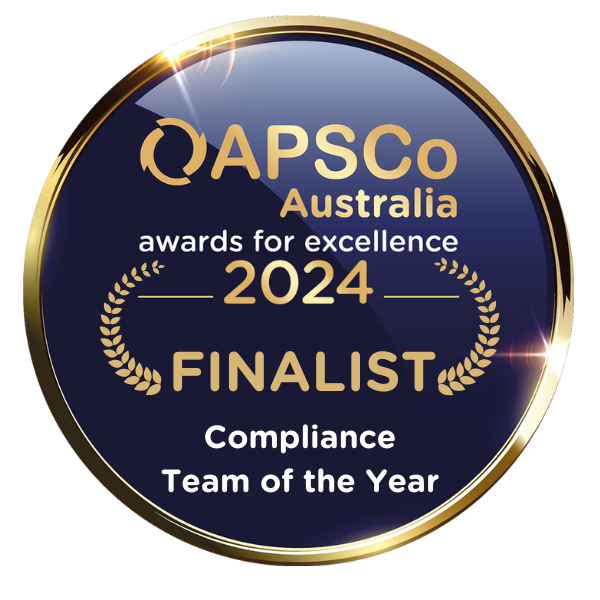So many things in business come down to the bottom line.
Did we meet budget?
Did we deliver in line with market forecasts?
With safety, the ‘bottom line’ should never be the bottom line. While staying on top of direct costs is critically important to financial outcomes, the real bottom line for all of us is to have every employee return home safely to their family, friends and loved ones after their swing or shift. No exceptions. Ever.
Like most organisations, physical safety has been our primary focus for many years – from identifying and managing hazards and risks, to working with our customers to ‘engineer them out’ where practical, and training our employees to drive a culture of ‘zero harm’.
Statistics show from 2012-2016, the average number of suicide deaths in Australia per year was 2,795.
That’s nearly 8 preventable deaths every day – that’s the bottom line.
Our young Indigenous males have a higher per capita suicide rate than any other group of people globally – that’s the bottom line.
Disproportionate numbers of ‘blokey blokes’ who are reluctant to reach out for help, as well as people with disabilities, LGBTIQA+ people, and those working away from their support networks and loved ones for extended periods of time, are taking their lives – that’s the bottom line.
The Social Impact
Suicide is something that impacts all of us, but it’s often the least privileged, least fortunate, and the marginalised (the treatment of whom defines our very society and, by extension, our companies and ourselves) that are the most at risk.
Depression, anxiety, and stress are legitimate medical conditions. Removing the stigma around talking openly about mental health is key. Educating people about the warning signs for both self-assessment and awareness of those around us is critically important. Equally important is making people aware of the support available to them.
Almost half (45%) Australians will experience a mental illness in their lifetime, but more than half (54%) of those with mental illness do not access any treatment.
Facts and Figures About Mental Health, Black Dog Institute
The financial impact of psychological wellbeing – or more specifically, its counterpoint – while not the ‘bottom line’, is still very significant.
The Financial Impact
Safe Work Australia reports 6% of workers’ compensation claims in 2017 related to psychological injury, accounting for 18% of the value of workers’ compensation payments.
Mental stress claims are the most expensive form of workers’ compensation claims because of the often lengthy periods of absence from work typical of these claims.
The Incidence of Accepted Workers’ Compensation Claims for Mental Stress in Australia, Safe Work Australia 2013
This statistic may be wildly underestimated depending on classifications, as psychological injury and PTSD can (and so often do) arise from a physical injury.
Data from the Australian Bureau of Statistics found 60% of employees eligible for workers’ compensation reported they experienced mental stress but did not apply for workers’ compensation.
Several major insurers have advised us that at some point in the near future, the financial costs associated with psychological injuries may well exceed those of physical injuries.
Add in the millions of hours of lost productivity through absenteeism, presenteeism, the impact on workplace culture, and the risk associated with people performing dangerous tasks while suffering from undiagnosed and untreated depression, anxiety and stress; the tangible financial benefit of getting it right or at least making improvements is paramount. The costs run into billions.
More specifically, PwC estimates the cost to be in the vicinity of $10.9 billion annually. And that’s just in Australia.
‘All of Me’ and Chandler Macleod’s Commitment to Mental Health
Chandler Macleod encourages all businesses to consider the real bottom line and adopt effective mental health initiatives in the workplace.
Together with Tap into Safety and the ‘All of Me’ mental health application, we continue to deliver strong results, with more people seeking help and accessing our Employee Assistance Program having interacted with the second module on ‘Stress and Alcohol’.
Chandler Macleod was shortlisted as a 2018 finalist in the Recruitment, Consulting and Staffing Association’s (RCSA) Awards in the area of safety and risk management for our proactive implementation of All of Me and collaboration with Tap into Safety and Edith Cowan University to provide results and analysis of the All of Me program.
We believe All of Me to be an amazing e-mental health tool, which as part of a comprehensive mental health program, can start driving much needed industry improvement in this area.
Gary Whittaker, General Manager – Staffing Services WA/SA/NT, Chandler Macleod Group
E-mental health is just one part of this. Mental health first aid is just one part of this. Leadership training is just one part of this.
As individuals and organisations, we can be the change that we want to see in the world.
To learn more about the All of Me application and how it can promote an active approach to mental health and suicide prevention in your business, contact Chandler Macleod today.
You may also be interested in our recent series on mental wellbeing:
Psychological Wellbeing; She won’t always be right, mate
Psychological Wellbeing: Resilience and Stress
Psychological Wellbeing: Suicidal Thoughts and Self-Harm
By Gary Whittaker, General Manager – Staffing Services WA, SA & NT & Quentin Hearn, Group Manager OHS, Chandler Macleod

